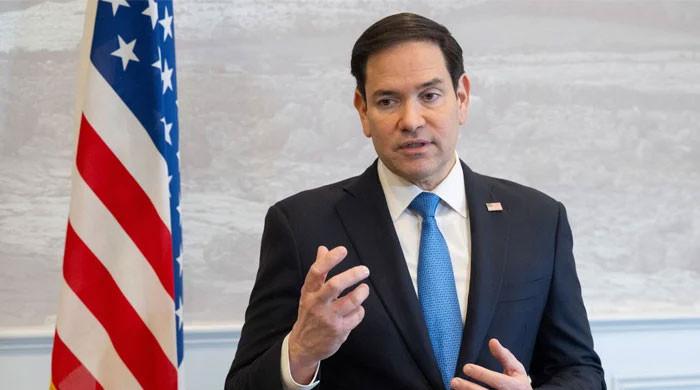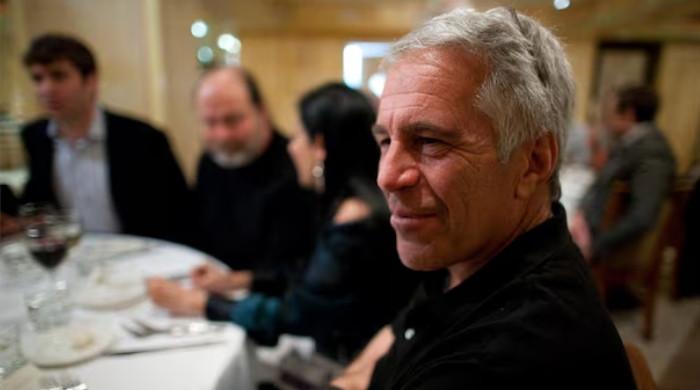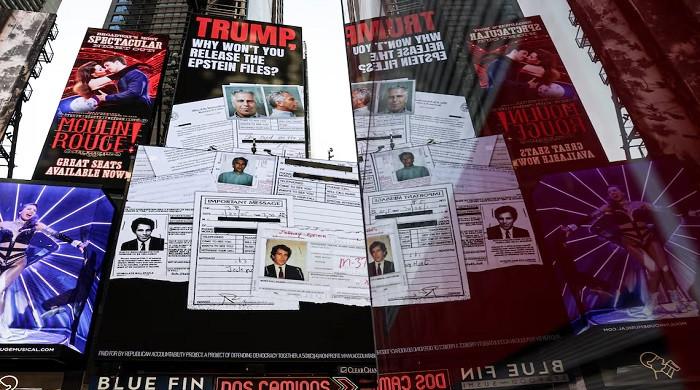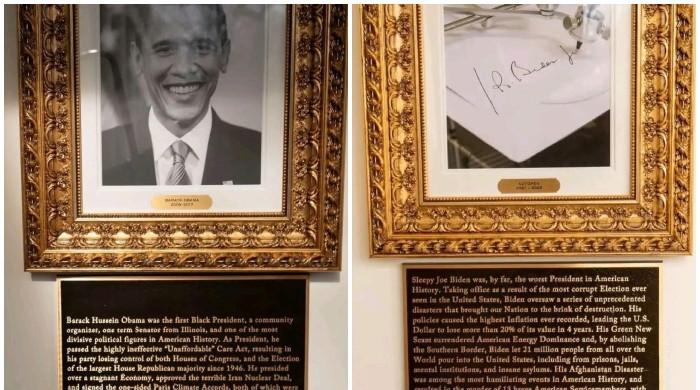NYC's first woman top cop Keechant Sewell leaves US surprised
Keechant Sewell is first woman and third African American to lead NYPD - America's largest police department
June 13, 2023
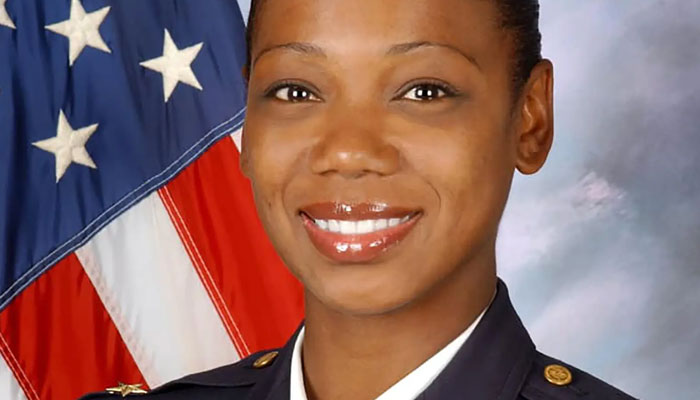
New York City Police Commissioner Keechant Sewell, the first woman to lead the nation's largest police department, has announced her resignation after serving for 18 months.
The news came as a surprise, as Sewell did not provide a reason for her departure. In a letter to her colleagues, she praised the dedication and selflessness of the members of the New York Police Department (NYPD), calling them the reason why the NYPD is known as the gold standard of law enforcement.
Mayor Eric Adams, himself a former New York police captain, appointed Sewell as the city's 45th police commissioner in January 2022. Sewell, a 23-year veteran of the police department in Nassau County, New York, became the first woman and third African American to head the NYPD, overseeing a large force of uniformed officers and civilian employees.
Sewell's resignation has not been given an effective date, and no mention has been made of a replacement. The president of the Police Benevolent Association union, Patrick Lynch, praised Sewell for her impact and her commitment to improving the lives and working conditions of police officers.
In a separate development, Bill Bratton, a highly experienced and influential figure in law enforcement, has also announced his resignation as the New York City police commissioner. Bratton, who has served as the top cop in Boston, Los Angeles, and New York, will be stepping down next month to pursue opportunities in the private sector. During his tenure, Bratton implemented various strategies, including the controversial "broken windows" policy, which targeted misdemeanor offenses. While some credit this approach with reducing crime, critics argue that it disproportionately affected communities of color and contributed to mass incarceration.
Bratton's appointment by Mayor Bill de Blasio, who campaigned on police reform, raised eyebrows due to their differing approaches. De Blasio sought to distance himself from aggressive policing tactics like stop-and-frisk, which disproportionately targeted black and Hispanic individuals. Bratton's resignation marks the end of an era characterised by both a decline in crime rates and increased scrutiny of police practices.
These resignations signal significant changes within the NYPD and reflect the ongoing debates surrounding policing strategies and community relations.
The departures of Sewell and Bratton will undoubtedly shape the future direction of law enforcement in New York City.




